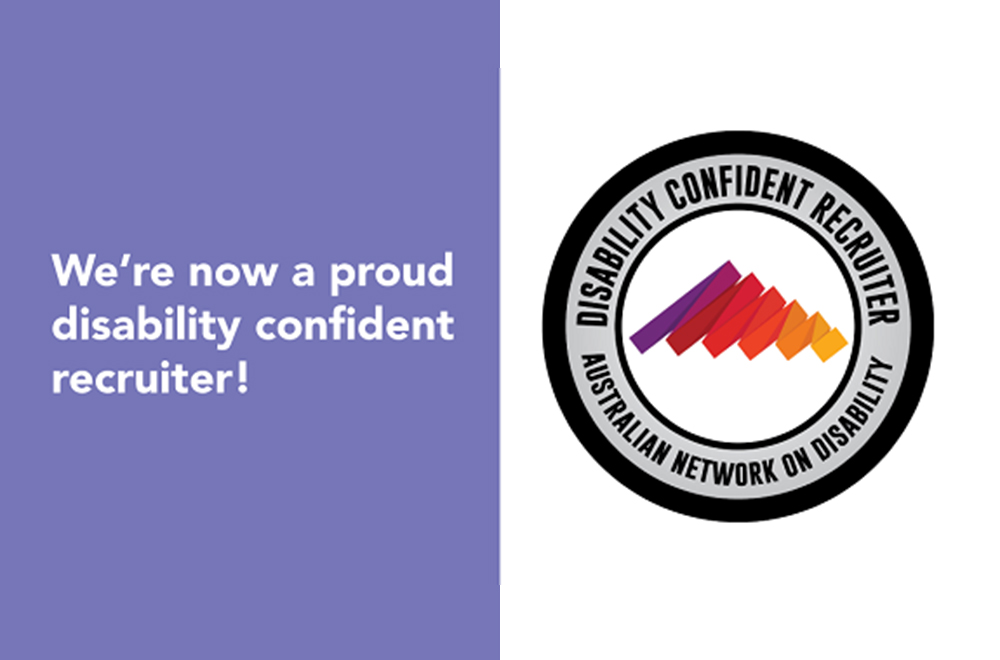Are employers prepared for disability confident recruitment? F2L spoke with Australian Network on Disability CEO, Suzanne Colbert about the Disability Confident Recruiter (DCR) program and the challenges involved in linking talented and skilled people with disabilities with job opportunities.
“Employers often don’t understand that there are aspects of their recruitment processes that are inaccessible and therefore get in the way of employment for people with disabilities. The fully automated recruitment systems that large organisations use today can be particularly difficult to use,” Colbert said.
“If a website can’t be easily navigated and employers expect online applications, it immediately excludes people. In addition, some employers’ first connection with an applicant may be via a call to their mobile to do a phone screen. Without adjustments in place whereby an employer can request a candidate’s communication preferences, the candidate may be unable to respond in a positive way. With the DCR program, applying for jobs is much fairer.”
Currently there are 12 DCR employers and another 11 are in the process of completing the program, which has been running since 2017.
“Becoming a DCR employer is a rigorous process that can take months. We work on two aspects with the employer. First there is a discovery stage, where all of their systems and processes are assessed for their accessibility. These systems and processes are then made accessible so people with disabilities are not negatively impacted by them,” she said. “Once these elements have been ticked off, all of the staff who are responsible for recruitment are required to complete an online course to learn about employing people with disability. The ultimate aim is to ensure that all candidates have a good experience with the employer.”
As a result of the DCR program, when people with disability apply for a job with a DCR employer, applicants are given the opportunity to ask for any workplace adjustments they need. The employer can then make these adjustments so that the interview can proceed, along with any required online testing, survey questions or personality testing. The aim is to ensure easy access for candidates.
Large organisations that are now DCR approved include Telstra, NDIA, Legal Aid NSW and Settlement Services International. Three recruitment agencies have also completed the program: DFP, Paxus and Hoban. “It is disappointing, however, that none of the larger recruitment agencies have expressed serious interest in the program,” Colbert said.
For a person with disability, knowing that they are applying for a role through a DCR employer gives an assurance that they will receive a fair and equitable opportunity.
“Many job seekers with disability feel they don’t get a fair hearing with many organisations and by selecting a DCR employer they at least can know they will receive one.”
Colbert suggests that when applying for jobs, people with disability should look out for the DCR logo. “It would be fantastic too if people can ask employers whether they have considered become a DCR employer,” said Colbert. “Organisations that aren’t may be missing on some very talented people.”
Subscribe to the F2L newsletter
Join over 7,500 subscribers for the latest news, products, services and technologies for the disability and rehabilitation sectors. Subscribe here.

